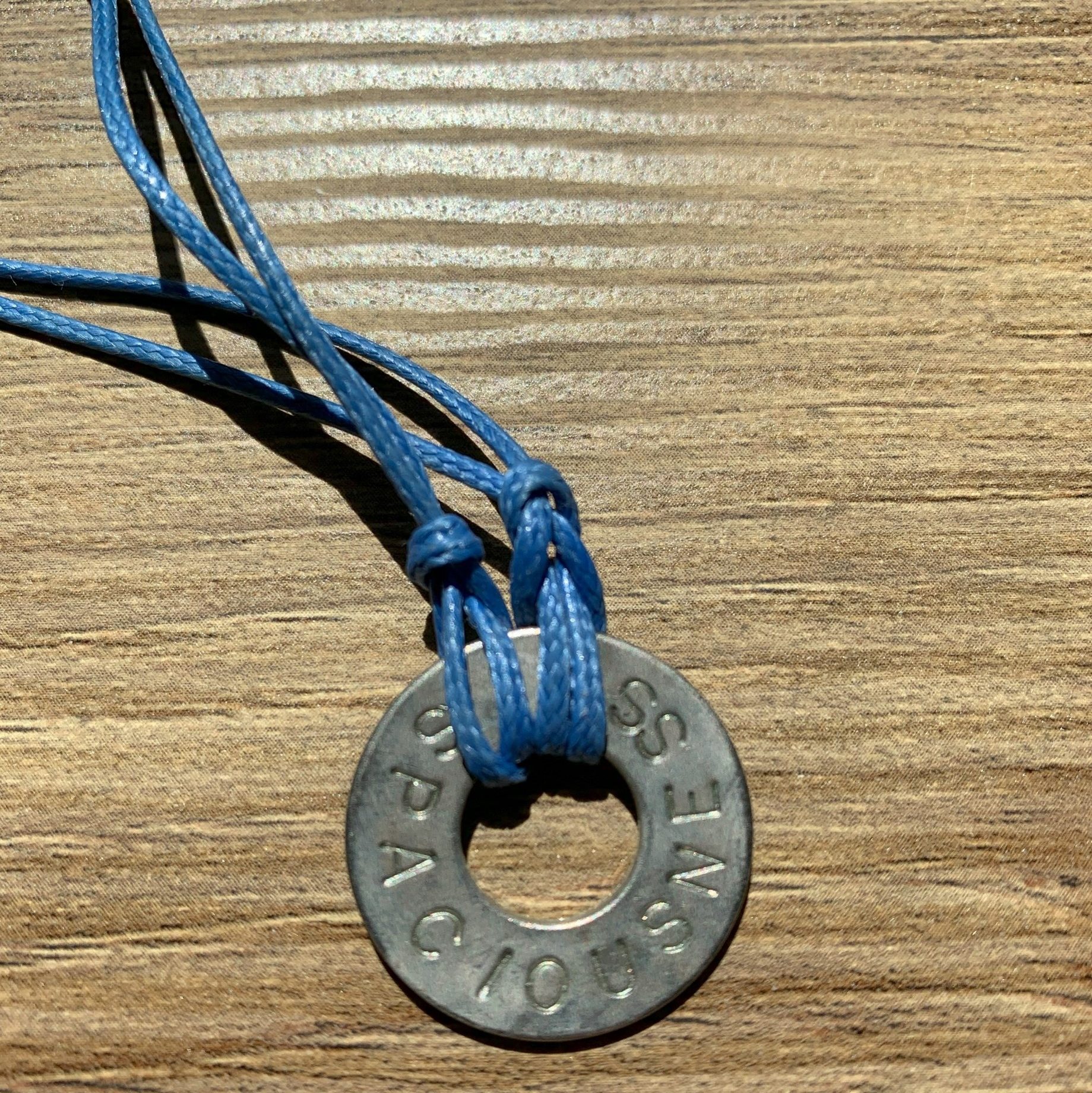Many of you have been completing my True for You quiz, that gives you a snapshot of what you might be craving right now as you reimagine your next chapter. I can now tell you with certainty that more of you are craving “capacity” than any of the other four elements I’ve been writing about recently.
Most of us are overloaded.
And it doesn’t help to be told to do less. Or worse, to do more — by attending just one more yoga class or mindfulness seminar in the midst of an already packed calendar.
I get it. And yet we need it. So let’s get very practical here, with a few real-life tips to help busy people build in some extra capacity.
Capacity is comprised of three elements that I am starting to see as disciplines:
- Spaciousness. We need more white space. Can you create buffers around your busyness? Schedule meetings for 45 minutes instead of an hour. Take your vacation days, then don’t fill them with equally-busy sightseeing and visiting. Protect your walk at lunch time. Hire someone to do something you usually do yourself.
And when those time management pieces are not enough, notice your mindset around your schedule. I have a small sign on my desk that says, “I have plenty of time” and another post-it note from my friend Lisa who once said, “I love my overstuffed life.” Sometimes how we think about our schedule is even more important than how full it is. - Rest. Before you roll your eyes at me…I’m not talking about sleep (although I am a big fan). I’m referring to the activities that are restorative for us. That help us get more done by working less. Resting is actually a skill, and it’s one of the habits that characterizes the world’s most resilient leaders. If you’re curious to dig deeper into this (but only if reading is restful for you! ;)) I’d recommend Alex Soojung-Kim Pang’s book called Rest and Tricia Hersey’s Rest is Resistance.
- Reflection. Hitting the pause button on our busyness may not be enough to create lasting capacity. We need tools to help us create more space in our heads, not just in our calendars. There’s a reason why journaling is so highly recommended for our wellbeing. It’s a structured way of processing emotions and stress and can enhance our self-awareness. And if writing isn’t your thing, then grab your phone and send yourself a long voice memo! Or book a session with your coach. Organizing and externalizing your thoughts will settle the noise and literally declutter your mind. You’ll find some space.
And sometimes, we just have to ride it out. See an over-packed, over-stressed season through to its completion.
But then what happens when it ends? Catch your breath. Celebrate the win. Embrace the rhythms of our lives.
And if there is no end in sight? Maybe it’s time to build one in, and give yourself something to look forward to.
I can assure you I’m writing to myself as much as to the rest of you. Hence my bracelet, courtesy of Ross Thornley:


